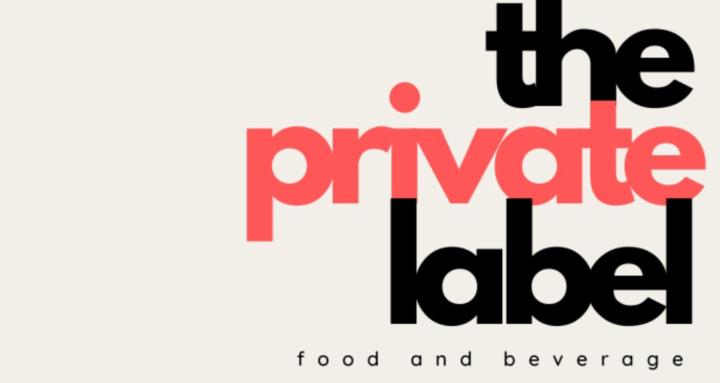Feb '25 • Blog - Articles
Sustainability and Innovation: The Future of Beverage Packaging
In today’s world, sustainability is more than a buzzword—it’s at the forefront of the beverage industry. Brands are embracing eco-friendly packaging and innovative solutions that satisfy both consumer needs and environmental responsibility.
Take Karma Water, for example. Their patented cap technology stores probiotics, which are released into the water only when the cap is pressed. This design eliminates preservatives, keeping the product fresh and sustainable. Karma Water’s innovation exemplifies how sustainability and creativity can be combined to enhance the consumer experience. In the craft beer scene, Fort George Brewey and Public House wery in Astoria, Oregon, takes a unique approach. Their brewery is powered entirely by solar energy, and they focus on energy-efficient packaging that reduces waste while crafting premium brews. Their efforts show that even small businesses can make a meaningful impact on sustainability.
For global giants like PepsiCo and Coca-Cola, sustainability is embedded in their strategic vision. PepsiCo’s Drinkfinity platform encourages refills with reusable pods, significantly reducing single-use plastic waste. Coca-Cola, with its goal to transition to 100% recyclable bottles and renewable energy for production, showcases how even the largest companies can lead by example.
Nestlé Waters has also jumped on the sustainability bandwagon, with initiatives like the "Natural Hydration Council" and efforts to make mineral water bottles entirely from 100% recycled plastic. This commitment reflects the growing demand for brands to innovate, while prioritizing eco-friendly solutions. Another crucial milestone in the beverage industry is the EU’s rPET mandate. As of 2021, all beverage bottles in the EU must contain at least 25% recycled plastic (rPET). By 2030, this requirement will increase to 30%. For non-EU producers, this regulation poses both a challenge and an opportunity.
Those seeking to enter the European market must adapt by sourcing or incorporating rPET into their packaging to remain compliant. While this could increase production costs, it also opens the door for strategic partnerships with local suppliers and manufacturers focused on sustainability. This regulation will reshape international distribution strategies as brands aim for European market access.
Sustainability is not a passing trend—it’s now a defining factor of the industry. Consumers are increasingly drawn to brands that align with their values, and packaging innovation is at the heart of this movement. Whether it’s through sustainable materials, eco-conscious packaging solutions, or cutting-edge technology, the future of beverage packaging looks promising.
What’s next? We can expect continued progress in areas like algae-based packaging, carbon-neutral production lines, and even edible packaging. The beverage industry is embarking on an exciting journey of innovation, and sustainability will remain the compass guiding its course. What actions is your brand taking to ensure a sustainable future?
Let’s continue the conversation and explore the exciting changes on the horizon.
0
0 comments

skool.com/the-private-label-community-9090
Welcome to the Private Label Mastery Community, your go-to hub for mastering the art of private label branding, sourcing, and scaling.
Powered by


